 Those working in the reproductive health field or in local media will be familiar with the phenomenon of the reporting of the first baby born in the New Year. For example, you may have read a short item of the first baby of 2015 born just after midnight with a lovely picture of the baby with proud parents and/or midwife.
Those working in the reproductive health field or in local media will be familiar with the phenomenon of the reporting of the first baby born in the New Year. For example, you may have read a short item of the first baby of 2015 born just after midnight with a lovely picture of the baby with proud parents and/or midwife.
This BU Research Blog is the equivalent of the first publication for 2015. I contributed a chapter called ‘Sociology of Midwifery’ to the edited book Sociology for Midwives published by Polity Press (Jan. 2015) and edited by Ruth Deery, Elaine Denny & Gayle Letherby.
The Polity Press website lists three reviews of the book by eminent academics in the field of midwifery:
“What is the point of sociology for midwives and midwifery? A sociological perspective can give us a different understanding of reproduction and maternity care. It can help us challenge our ‘common sense’ assumptions about how people and the world tick. This new book provides midwives and midwifery students with a readable comprehensive and up to date review of the field of sociology applied to reproduction and maternity care. The editors bring together a very impressive amount of material and present it in an accessible and clear way. Their facility for handling complex theoretical and detailed empirical material is admirable.”
Jane Sandall, King’s College London
“The editors and authors of this fine volume have produced a wonderful introduction to the value of a sociological imagination in the practice of midwifery.”
Barbara Katz Rothman, City University of New York

“The authors set out to ‘stimulate the sociological imagination’ of their readers. The combination of theoretical analysis and application of sociological theory to specific practice situations provides extensive opportunities for this to take place. Readers who are new to the sociology of maternity care will find ample material to excite and engage them. Those who already have dipped into this vast and fascinating field will find new applications, angles and perspectives that can cast a fresh light on why we do what we do in maternity care, and that provide possible routes for positive change in the future.”
Soo Downe, University of Central Lancashire
For more details of Sociology for Midwives, see: http://www.politybooks.com/book.asp?ref=0745662803
Prof. Edwin van Teijlingen
Centre for Midwifery, Maternal & Perinatal Health
Bournemouth University
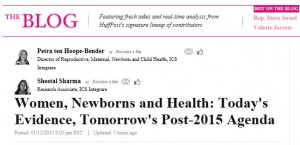
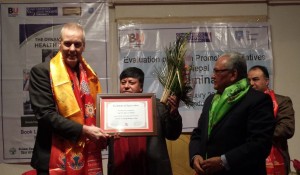

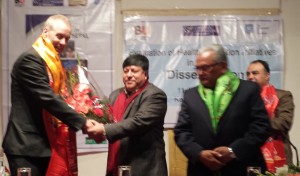

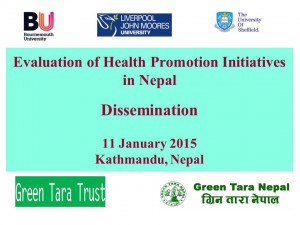
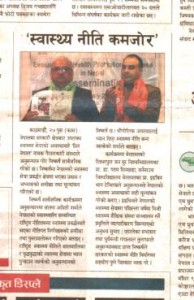

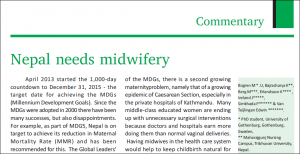
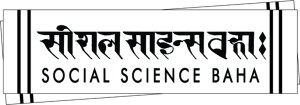
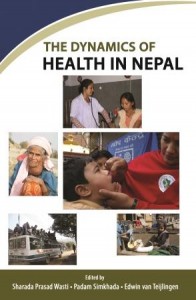
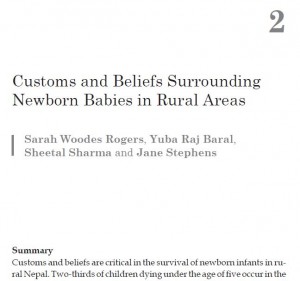
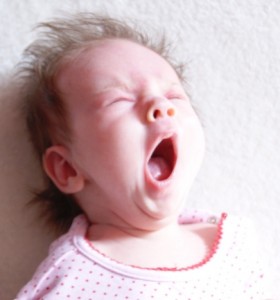
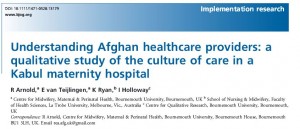


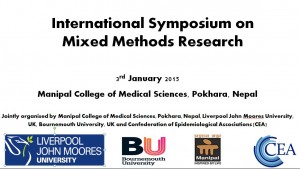

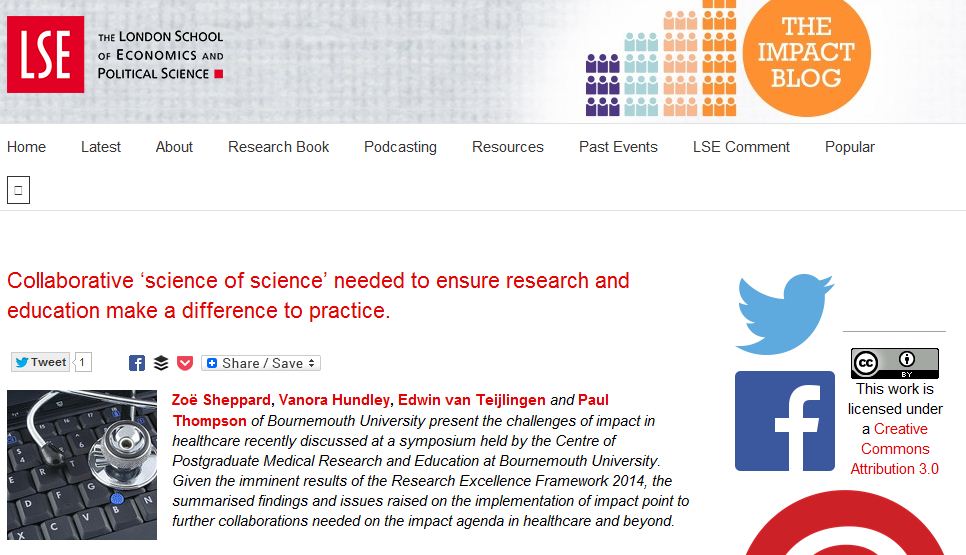


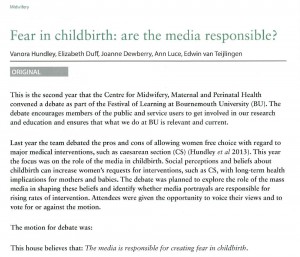
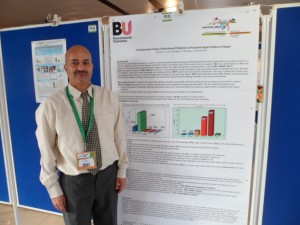
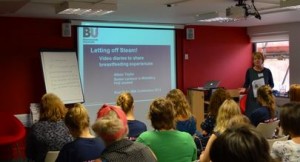
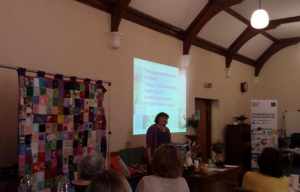











 Beyond Academia: Exploring Career Options for Early Career Researchers – Online Workshop
Beyond Academia: Exploring Career Options for Early Career Researchers – Online Workshop UKCGE Recognised Research Supervision Programme: Deadline Approaching
UKCGE Recognised Research Supervision Programme: Deadline Approaching SPROUT: From Sustainable Research to Sustainable Research Lives
SPROUT: From Sustainable Research to Sustainable Research Lives BRIAN upgrade and new look
BRIAN upgrade and new look Seeing the fruits of your labour in Bangladesh
Seeing the fruits of your labour in Bangladesh ECR Funding Open Call: Research Culture & Community Grant – Apply now
ECR Funding Open Call: Research Culture & Community Grant – Apply now ECR Funding Open Call: Research Culture & Community Grant – Application Deadline Friday 12 December
ECR Funding Open Call: Research Culture & Community Grant – Application Deadline Friday 12 December MSCA Postdoctoral Fellowships 2025 Call
MSCA Postdoctoral Fellowships 2025 Call ERC Advanced Grant 2025 Webinar
ERC Advanced Grant 2025 Webinar Update on UKRO services
Update on UKRO services European research project exploring use of ‘virtual twins’ to better manage metabolic associated fatty liver disease
European research project exploring use of ‘virtual twins’ to better manage metabolic associated fatty liver disease